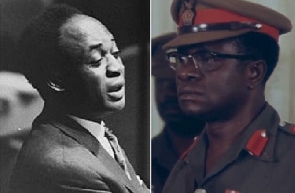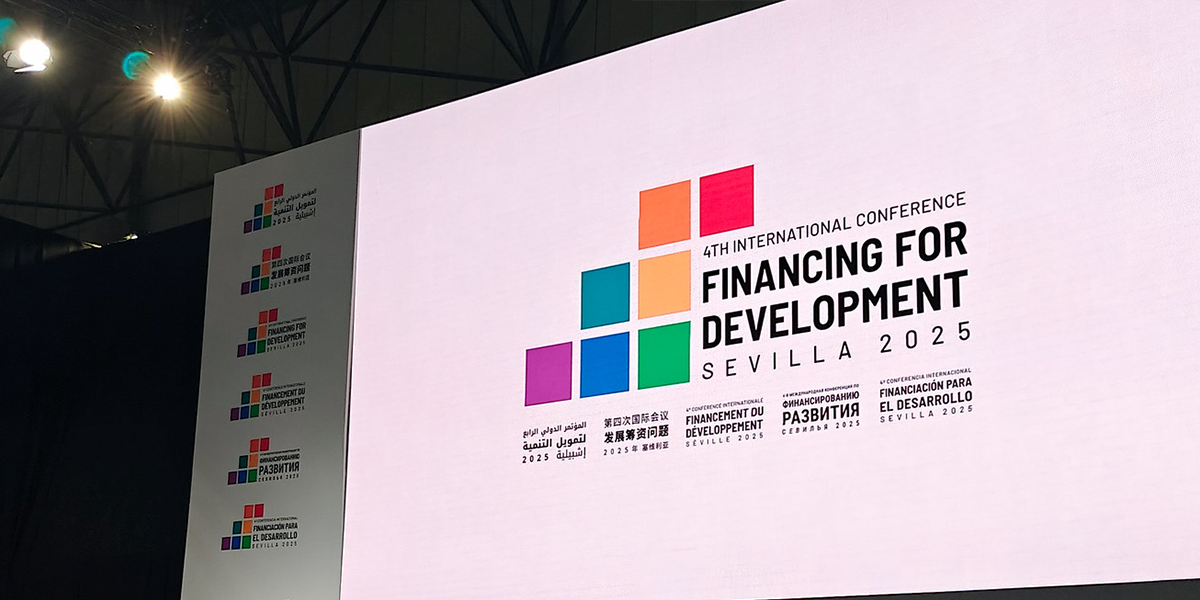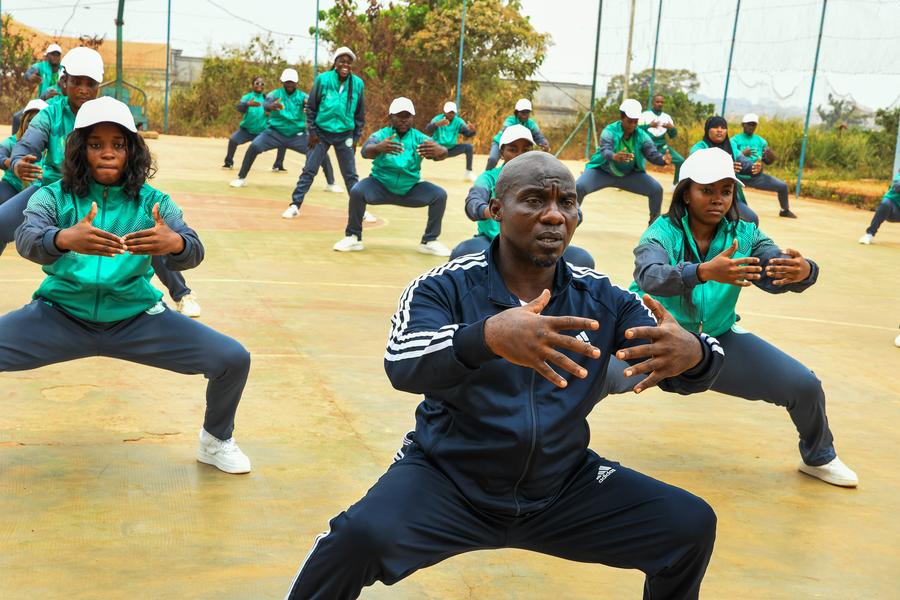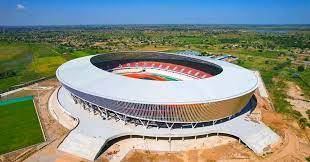By Francis Kobena Tandoh
President John Dramani Mahama on September 1, 2025, made history by joining the country’s first president, Dr. Kwame Nkrumah, and General Ignatius Kutu Acheampong as heads of state to have removed sitting chief justices in Ghana from office.
A statement released from the presidency signed by Felix Kwakye Ofosu, Spokesperson to the President and Minister for Government Communications, observed that evidence of “misbehaviour” had been established by the committee established to look into the matter involving the embattled Chief Justice Gertrude Torkornoo.
“President John Dramani Mahama has, in accordance with Article 146(9) of the 1992 Constitution, removed the Chief Justice, Her Ladyship Justice Gertrude Araba Esaaba Sackey Torkornoo, from office with immediate effect,” read the statement.
“This follows receipt of the report of the Committee constituted under Article 146(6) to inquire into a petition submitted by a Ghanaian citizen, Mr. Daniel Ofori. After considering the petition and the evidence, the Committee found that the grounds of stated misbehaviour under Article 146(1) had been established and recommended her removal from office.
The statement further added that the president is required to act in accordance with the recommendations of the committee.
Since the removal was orchestrated, the matter had, as usual, been turned into a political football, with the usual suspects putting up cogent arguments either in support of or against their convictions, as this is not the first in the history of Ghana.
Sir Kobina Arku Korsah was the first sitting Chief Justice to have been removed from office by Kwame Nkrumah in the history of the country.
He was Ghana’s first indigenous Chief Justice, appointed in 1956 under colonial rule and retained after independence in 1957. Sir Arku Korsah was a respected jurist and statesman and had earlier served in the Legislative Council and was known for his integrity and independence.
In 1963, following the Kulungugu bombing incident (an assassination attempt on President Kwame Nkrumah’s life at Kulungugu in the Upper Region), several suspects, including prominent opposition figures, including Tawia Adamafio (Minister for Information), Ako Adjei, and Coffie Crabbe, were tried.
The accused were charged with treason, and a panel of three judges, led by Chief Justice Arku Korsah, presided over the case.
After lengthy proceedings, the judges acquitted Adamafio and some of the key accused persons, ruling that the prosecution failed to prove treason beyond a reasonable doubt.
President Nkrumah was displeased with the verdict, which went against his expectations, and in December 1963, shortly after the judgment, Sir Arku Korsah was summarily dismissed from office by Nkrumah.
This marked the first time in Ghana’s history that a chief justice was removed under controversial political circumstances.
Korsah’s removal was seen by many as having undermined judicial independence in Ghana and was seen as evidence of Nkrumah’s growing authoritarianism.
It set a precedent for political interference in the judiciary, which Ghana struggled with in subsequent years.
Despite his removal, Sir Arku Korsah is remembered for his courage and commitment to judicial integrity, standing by the rule of law even at personal cost.
Sir Arku Korsah lived quietly after his dismissal until his death in 1967.
Similarly, General Ignatius Kutu Acheampong, who led the National Redemption Council (NRC) military junta, which later became the Supreme Military Council I (SMC I), was the second Head of State to have removed then Chief Justice of Ghana Samuel Azu Crabbe in 1977.
Justice Azu Crabbe was one of Ghana’s most distinguished jurists, remembered both for his service as Chief Justice and for his later role in public commissions. His removal as Chief Justice is tied to Ghana’s turbulent political climate in the 1970s.
Justice Azu Crabbe was appointed Chief Justice of Ghana in 1973 by Prime Minister K.A. Busia’s Progress Party government and had built a reputation for being fair-minded, courageous, and principled.
In January 1972, Busia’s government was overthrown by the National Redemption Council (NRC) led by Colonel I.K. Acheampong.
Acheampong later transformed the NRC into the Supreme Military Council (SMC) in 1975. During this period, the judiciary faced heavy political pressure, as the military rulers sought to consolidate power with the introduction of the Union Government (UNIGOV) concept.
The referendum to approve it was widely believed to be rigged, and Justice Crabbe openly criticized aspects of the process and called out irregularities.
In retaliation, General Acheampong removed Justice Azu Crabbe from office as Chief Justice, and this was viewed as Acheampong’s effort to silence independent voices and tighten control in government.
His dismissal represented a direct attack on judicial independence, similar to what happened to Sir Arku Korsah in 1963.
It reinforced the pattern where military and authoritarian governments in Ghana interfered with the judiciary when the court decisions or judicial conduct went against them.
Despite his removal, Azu Crabbe continued to serve Ghana in various capacities, including chairing the Special Investigation Board on the murder of the three High Court Judges and retired Army Officer in 1982 and also as head of commission and inquiries into governance issues. End item
Source: Ghana Eye Report
Share Us



